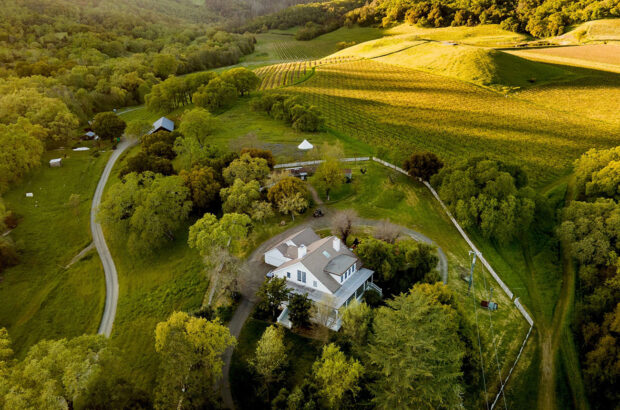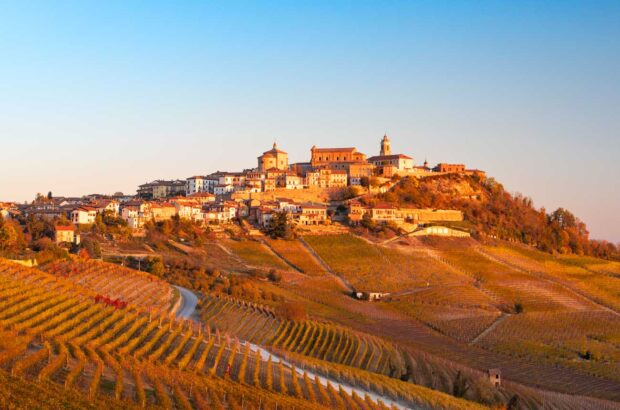Piccini said its deal saves Chianti Geografico from bankruptcy and that it plans to invest a further 2m euros to renovate barrel cellars and winemaking facilities to improve wine quality at the cooperative in the coming years.
Chianti Geografico is woven into the fabric of modern winemaking in Chianti; it was founded in 1961 by a band of 17 wine growers who believed the Chianti name was being used too broadly across Tuscany – to the detriment of quality.
But, more recently, the cooperative was understood to have struggled financially.
Giacomo Panicacci, brand ambassador for Tenute Piccini, told Decanter.com that his company saved Geografico by paying off the cooperative’s debts.
‘By creating a long-term relationship with the growers, [and] by ensuring quicker and scheduled payments guaranteed by a local bank, we [can] make sure that the new generations will keep working the vineyards rather than abandoning them or selling them,’ said Panicacci.
Piccini’s purchase is deal is not entirely altruistic. It has been managing Geografico operations for the past two-and-a-half years and the wine group alluded to commercial opportunities for Geografico that would also protect the ‘social fabric’ of the communities where the coop is based.
‘[The] USA is pretty much a new market for this historical Italian brand, plus Geografico will target the Asian market by taking advantage of the new Tenute Piccini offices in Shanghai,’ said Panicacci.
The deal is part of an ongoing strategy at Piccini to invest in boutique estates, such as the purchase of 13-hectare Torre Mora estate in Etna, Sicily, in 2013.
Piccini said that it intends to maintain the new-look Geografico as an independent group, but it will offer expert guidance in the vineyard and cellar in order to improve quality, plus access to Piccini’s sales and marketing networks.
No targets have been set for quantity, said Panicacci. ‘The wines produced at Geografico will only be made by grapes sourced directly from the local growers joining the project,’ he said.
Alessandro Barabesi, a former Frescobaldi winemaker, will be in charge of Geografico’s wine operations, he added.
Geografico has two wineries, in Gaiole in Chianti and also in San Gimignano, which focuses on Vernaccia di San Gimignano and the wines of Chianti Colli Senesi.
In 2018, Geografico had sales of around 4.7m euros.
Piccini had sales of 67m euros in 2018 and produced 16m bottles of wine. The firm expects to complete work on a new 17,000-metre-squared headquarters in the next three months and also plans to launch a range of premium organic wines from its Moraia estate in Maremma this year.







